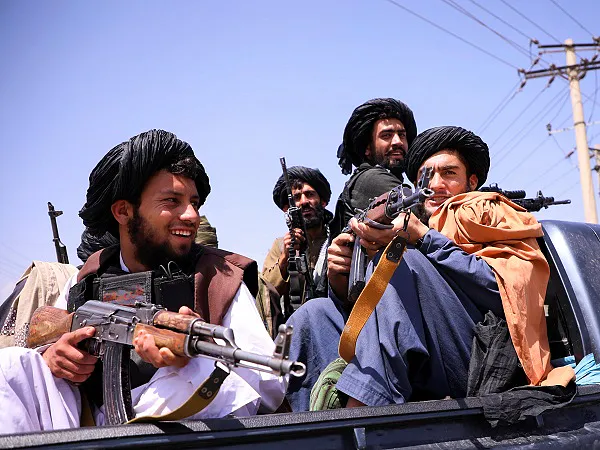By Zamani
The chief of the banned Tehreek-e-Taliban Pakistan (TTP), in an interview, has said the group will not back down from its demand for the reversal of erstwhile-FATA’s merger with Khyber-Pakhtunkhwa (KP) province.
“Our demands are clear and especially the reversal of FATA merger with KP is our primary demand, which the group cannot back down from,” Mufti Noor Wali Mehsud told a journalist on YouTube. The demand, previously reported when talks commenced between the TTP and Pakistan’s security establishment in Kabul, has been repeatedly rejected by Pakistan government. Last week, Interior Minister of Pakistan, Rana Sanaullah said the merger could not be reversed, as it had been done through a constitutional amendment in 2018.
The talks, however, are ongoing and the TTP has announced an indefinite ceasefire until their conclusion. In his interview, Mehsud stressed that there had been no major breakthrough thus far. “The talks have yet to reach a conclusion,” he said, and appeared to confirm that Peshawar Corps Commander Lt. Gen. Faiz Hameed was representing Islamabad in the talks.
The TTP chief also admitted that the Afghan Taliban were hosting and facilitating the negotiations—as previously also maintained by Afghan authorities—adding that a “breakthrough” in talks was only possible if the government responded to its demands with seriousness. He said that while the government had released some prisoners as a confidence-building measure, it was still continuing to arrest “our colleagues.”
One of the reported demands of Pakistan has been the dissolution of the TTP, which Mehsud denied outrightly. “Any demand which affects the credibility of the movement will be unacceptable to us,” he said, adding that only “appropriate demands” would be considered.
It is a fact that regardless of the multiple concessions given to TTP, its empowerment by the possibility of returning home–as well as the resulting boost in operational capabilities–would allow it to pressure Pakistan more. Even if the group does not have its way on in reversing the merger of tribal areas with KP, it could position itself to further challenge the writ of the state going forward. That would create yet another terror problem for the whole of the region. The ultimate suffers are going to be the people of Afghanistan.
The Afghan Taliban is pushing Pakistan to negotiate with TTP so as to leverage their role as broker between Pakistan and the TTP. Rather than simply pulling the plug on the TTP, the Afghan Taliban, being a terror entity themselves, have fully encouraged negotiations with the group. Presumably, they hope to increase their involvement–and thereby their influence–on this particular situation as well as regional security more broadly.
This could help the Afghan Taliban stave-off pressure from Pakistan and other countries in the region, because by playing the role of mediator, the group can more easily shy away from taking any strong action against the terror entities in Afghanistan. Besides this, they are also trying to create a false misnomer on international arena and could push other countries to also work with Afghan Taliban on the terror entities operating from Afghanistan. It is high time all countries realise the futility of this. Needless to say, Pakistan might be paying a heavy price for supporting Taliban and now using them for negotiating with TTP as there is no point in negotiating with a terror entity using another terror organisation.
Note: The contents of the article are of sole responsibility of the author. Afghan Diaspora Network will not be responsible for any inaccurate or incorrect statement in the articles.

